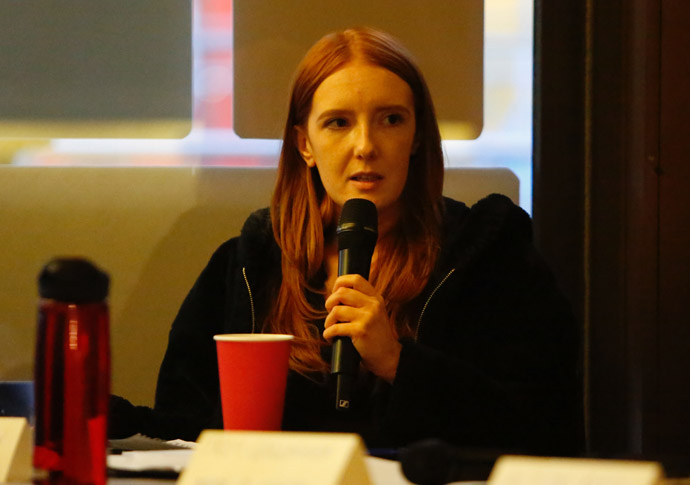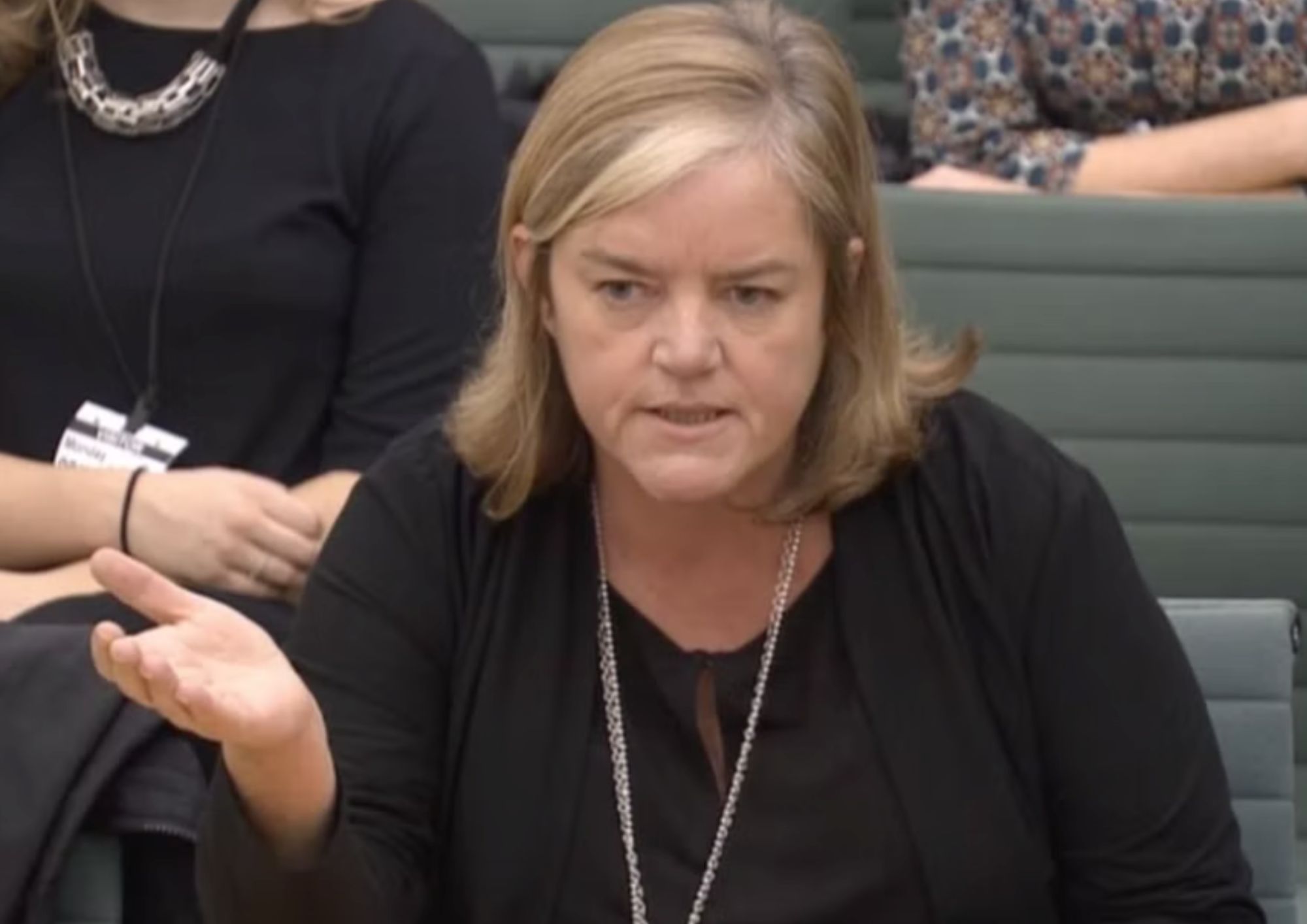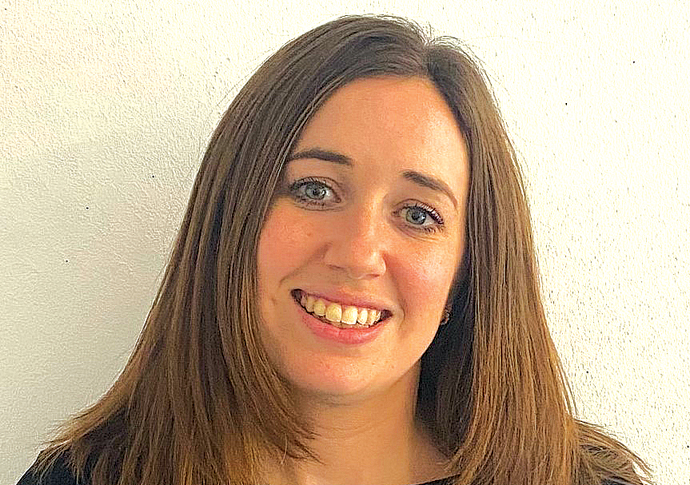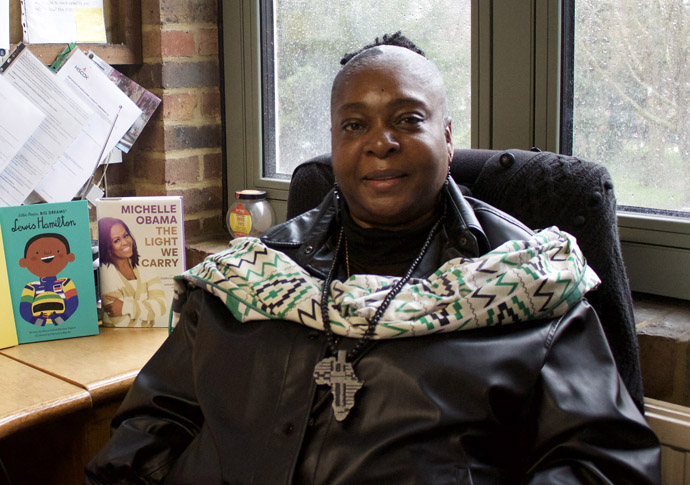Chilling Met report has no surprises for campaigners
Damning report finds institutional racism, sexism and homophobia exists in city police force
Friday, 24th March 2023 — By Izzy Rowley

Chief Superintendant Andy Carter
ISLINGTON’S most senior police officer has said he is “ashamed” of the force after a review declared the Met was institutionally racist, sexist and homophobic.
In the wake of a damning assessment by Baroness Louise Casey, Borough Commander Chief Superintendent Andy Carter issued a plea for the public not to lose trust in a letter to the Tribune today (Friday).
“Being the local policing commander for Islington and Camden is a privilege. It’s a role I take incredibly seriously and I personally apologise to those we have failed,” he said, adding that action would be taken. “This is my one plea: don’t give up on us. I am confident that together we can build a police service of which the people of Camden and Islington can feel proud.”
The Casey review, published this week, details rape kits being kept in broken freezers, women police officers being assaulted on the job, and a black gay police officer being mocked by his colleagues who hid his uniform.
And the harrowing incidents has led one of the Town Hall’s scrutiny chairs to ask for Ch Supt Carter to attend a meeting to face questions from councillors.
At the January meeting of Islington’s policy and performance committee, Ch Supt Carter was criticised for remarks he made about retaining black and ethnic minority and women officers.
“When I sit down and talk to them at the end of their probation and give them their certificate, it’s really clear that a lot of them have felt very traumatised and unsupported by their families and their communities,” he had said.
“They come into work, they get called traitors, and particularly with things in the last year or two, they go home and they get called that as well. That’s tough. We have to put our arm around those officers to make sure they feel supported and they’re doing a great job and want to stay. There’s a range of other contributing factors around retention as well.”

Patsy Stevenson speaking at the Tribune’s Violence Against Women and Girls conference last year
Councillor Jenny Kay –the committee’s chair – hit back at that comment. “There’s endless amounts of evidence … that the reason they’re leaving is because they’re victims of sexual and racial harassment from their colleagues – that’s what they’re telling us,” she said. “I don’t doubt that those other things are true, but if I was a female police officer listening to what you just said I would find that very upsetting.”
The review was ordered following the murder of Sarah Everard, who was killed by a serving police officer, Wayne Couzens, on her way home from a night out. She was “arrested”, handcuffed and ordered into a car.
After Ms Everard’s death, there were calls for the then commissioner Dame Cressida Dick to be removed so fresh eyes could look at the Met, but she was backed to stay on by both the then prime minister Boris Johnson and Labour Party leader Sir Keir Starmer – the former director of public prosecutions who is now the MP for Holborn and St Pancras. London Mayor Sadiq Khan also initially supported her tenure before changing his view and deciding somebody new had to be brought in. Dame Cressida had described the Couzens case as the work of “one rotten apple”.

Baroness Casey
But more scandals followed, with the horrific case of David Carrick – a senior officer who was unmasked as one of the UK’s most prolific sex offenders who abused dozens of women. At Charing Cross police station, officers were found sharing streams of racist and misogynistic messages.
Rebecca Goshawk, from Solace Women’s Aid in Islington, said the review “wasn’t surprising,” echoing the views of many involved in the fight to end violence against women and girls.
“We’ve been supporting women who suffer domestic violence for a long time and we recognised the dismissiveness of the police responses, and the lack of it being taken seriously by the police.
“We’ve also supported women who have suffered abuse from the police.”
Casey’s review found that violence against women and children had been “de-prioritised” by the Met. Sexual offences have increased from 17 per cent of all crimes in 2012-13 to 31 per cent in 2022-23, but the report says that the number of police investigating them has not increased at the same rate.
“Out loud they were saying violence against women and girls was top priority, but decisions they made about resources and where officers spent their time went against that, and they were not putting experienced teams and officers on those cases. We need to see a reversal of that,” said Ms Goshawk.

Rebecca Goshawk
Patsy Stevenson, the activist who was famously arrested at the vigil for Ms Everard and appeared at the Tribune’s Violence Against Women and Girls conference, is fearful of the impact the review will have on women who are suffering abuse currently and is calling for a nationwide statutory investigation into policing.
“A lot of women don’t trust the police anyway, and this has just shown why they shouldn’t. But, who are we supposed to trust if and when we’re assaulted, or harassed, or something goes wrong? It’s very difficult, you’ve got to tell the police you’ve been abused, but they’re the abuser.”
Casey’s review also said that black Londoners are “over-policed” and that Stop and Search is “currently deployed by the Met at the cost of legitimacy, trust and, therefore, consent”.
Sheri Lawal, the chair of Islington’s Stop and Search Community Monitoring group, said: “I spoke to a group of young people a few months ago who were stopped and searched by the police in Chapel Market. One of the girls said to me, ‘the police are supposed to be protecting us, but they’re the ones abusing us.’ They told me they wouldn’t go to the police if they were in danger. They don’t see the police as people who can protect them – it’s really, really sad.”

Sheri Lawal
Khadija Ahmed, a member of Islington Copwatch, says the report is another reason to defund the police.
“Police will imprison you because you’re black, a sex worker, or you might not be fully documented.
“There’s no point in reform. Retrain, reskill and learn how to support people instead of just enforcing the law onto people. If we want to keep people safe then we need a whole different approach.”
Sir Mark Rowley, who came in as Met Police commissioner after Dame Cressida’s departure, said: “The report sparks feelings of shame and anger but also increases our resolve. This report needs to lead to meaningful change.”
He, however, refused to use Baroness Casey’s description of “institutional” discrimination at the Met.
Ms Lawal said: “Whether he wants to use the term or not, that’s exactly what it is. Instead of admitting what it is and finding ways to change the system, he’s defending it, but you can’t defend it. This report, officers’ behaviour on the streets – it all points to institutional racism.”